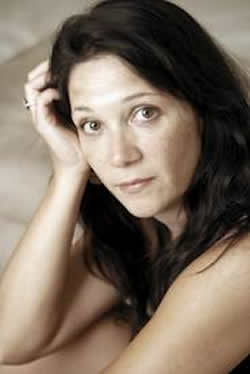|
A sense of ripple-effect has always been integral to The Caprices. In talking about that book, I came up with the metaphor of my interest not in the hostile pebble thrown into the peaceful pond, but rather the ripples.
So this widening can be read in many ways, including starting with a story that is set in my family's provincial town—personal—and then moving away from this immediate tragedy to a larger sense of a tragedy understood by humanity—the atom bomb—and my understanding of the war as something that not only picks off family members prematurely, but is also a driving force of history itself, a larger evil, something that does not separate necessarily along lines of nation, race, or religion.
The Caprices progresses to viewing war as a binding entity: war affects everyone. Even if you're not aware of it, displacement, aggression, and persecution have shaped us. Or at least have shaped the people who shaped us. 9/11 looms large in the American psyche because, prior to this, Americans felt safe. I don't think this sense of security is—or was—shared by people living in many other countries.
—From an interview with Sabina Murray by Leslie McGrath
|


